All About Space and Astrophysics
-
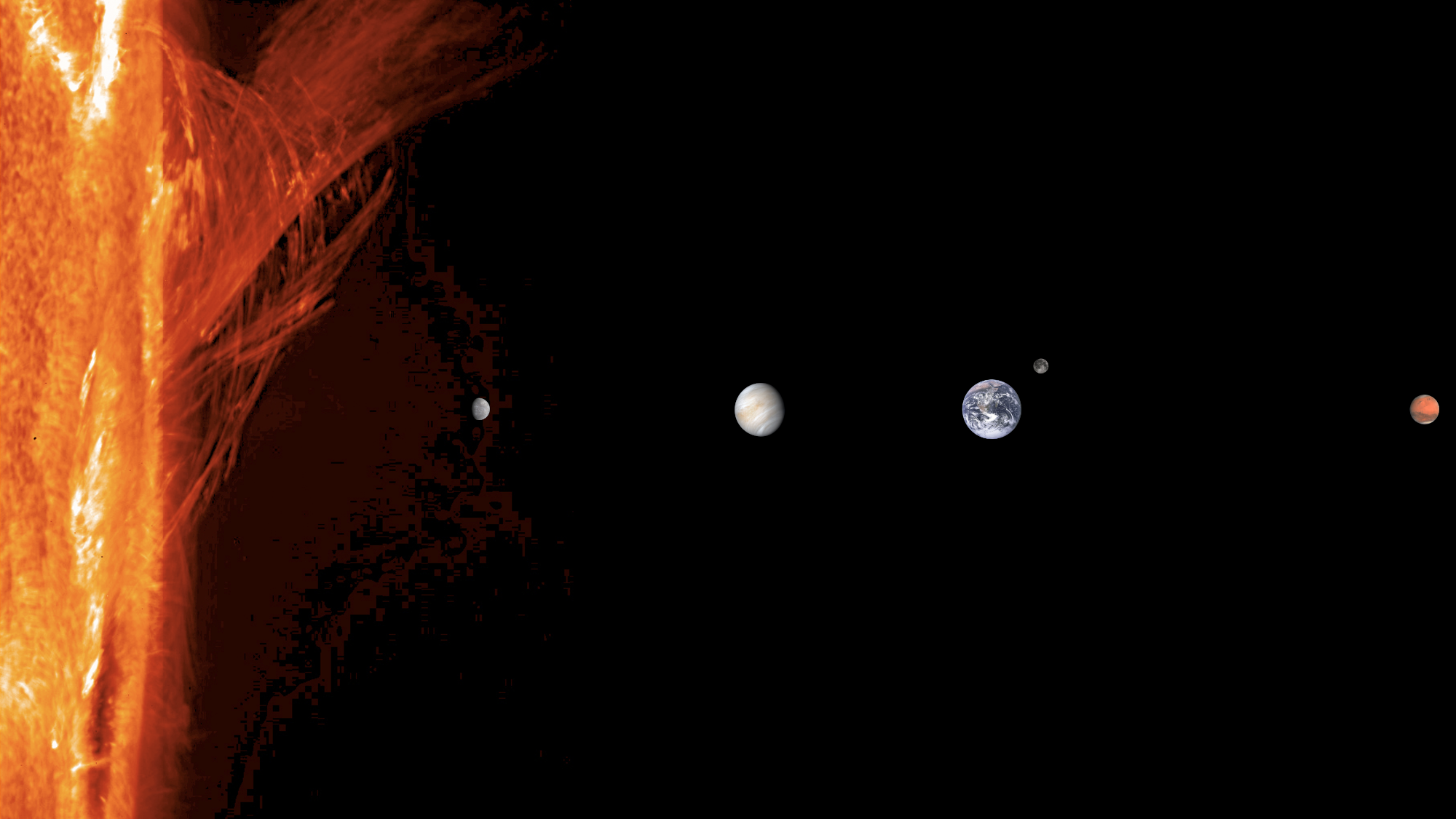
Speed of Light in Space
Here is a video showing the speed at which light travels from the Sun to the Earth to give you an idea of the enormous distances in space. It takes about 8 min. to light, yet it feels like a fairly long time. That said, I add some commentaries so the video is not too…
-

Observing Satellites a New Thing Stargazers Do!
Just like our Moon orbits the Earth, many of our artificial satellites also orbit the planet. These satellites are used for communication and imagery by the military and the public and various scientific institutions. Artificial satellites have been in our planetary system since 1957. The first artificial satellite was launched into space by Russia and…
-

The Solar System Asteroids
Early in August 2020, an asteroid narrowly missed our planet. That wasn’t the first incidence of the year, in fact in June, a similar event took place. But the asteroid that passed Earth in August, was the closest natural object to pass by our planet ever recorded. It flew 2,950 kilometers away from our planet…
-
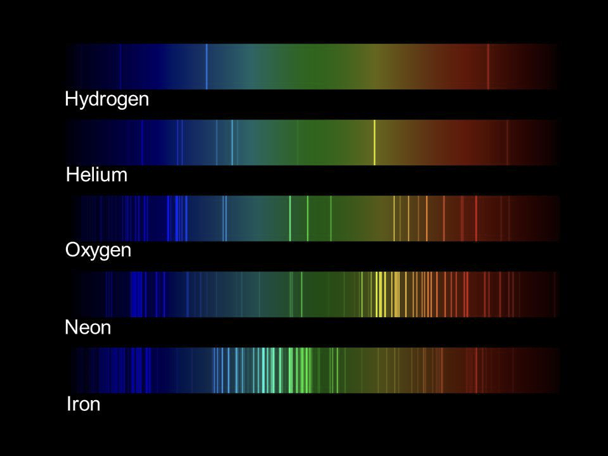
Spectroscopy
All the information on the universe and how it operates comes from our knowledge of light. Light constitutes waves – electromagnetic waves to be specific. Similar to how a prism splits light into a rainbow (multiple colors) is how spectroscopy splits electromagnetic radiation into different wavelengths which are known as a spectrum. A spectrum is…
-
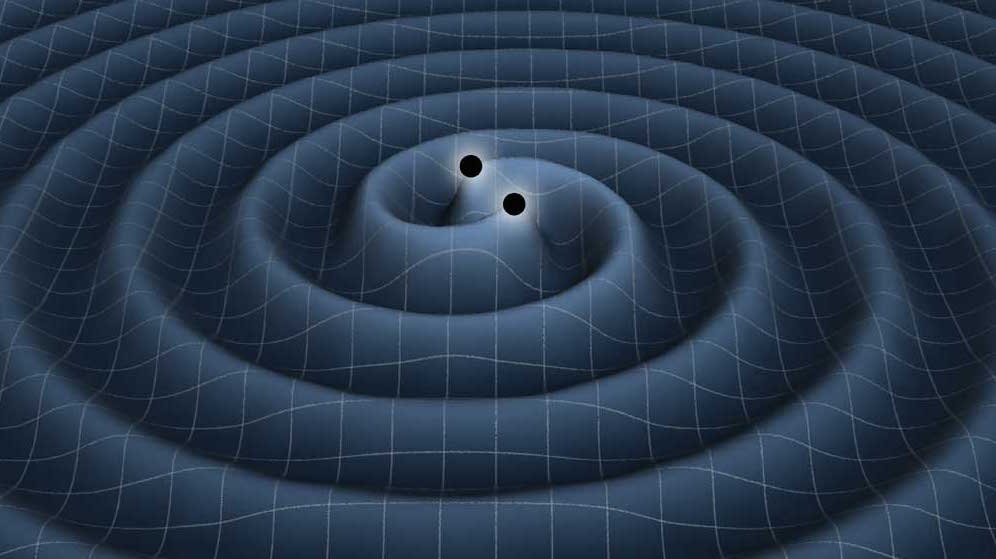
How we went from theoretical Gravitational Waves to seeing them everywhere?
Gravitational waves were predicted as far back as 1916 by Albert Einstein in his theory of relativity. His calculations showed that massive interstellar objects such as black holes or neutron stars that orbited each other had the ability to cause ripples that would disrupt space-time. These waves are usually caused by black holes colliding or…
-
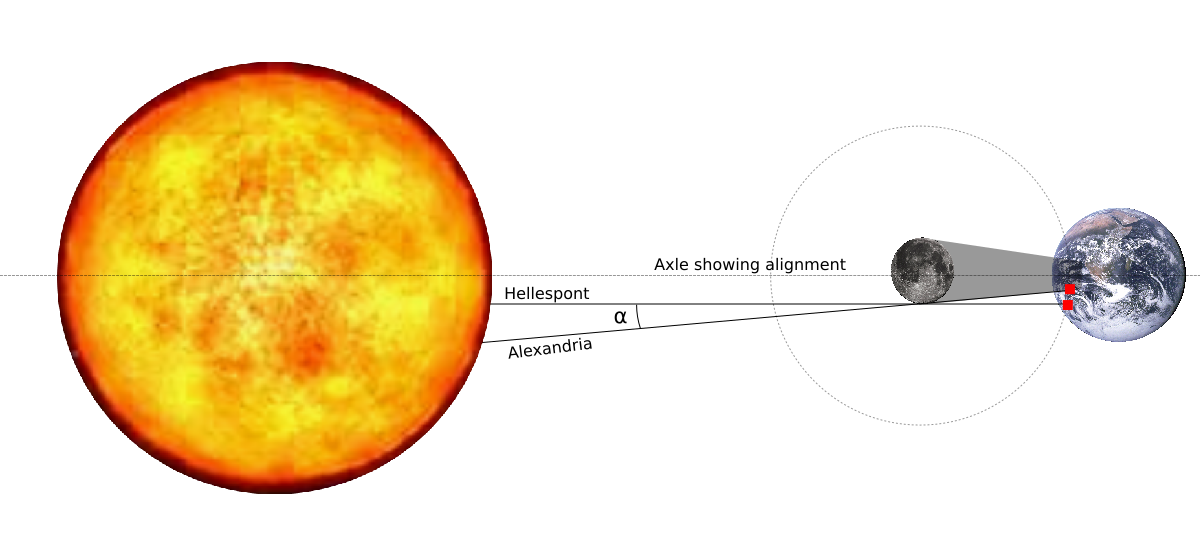
Measurement in Astronomy
The above image shows the trigonometry used by Hipparchus in 190 BCE to calculate the Earth-Moon distance. The computation used time, two wells in Hellspond and Alexandra, an eclipse, and a little bit of math. Note that since then, such a natural setting never occurred again! The position of eclipses since then would all have…
-
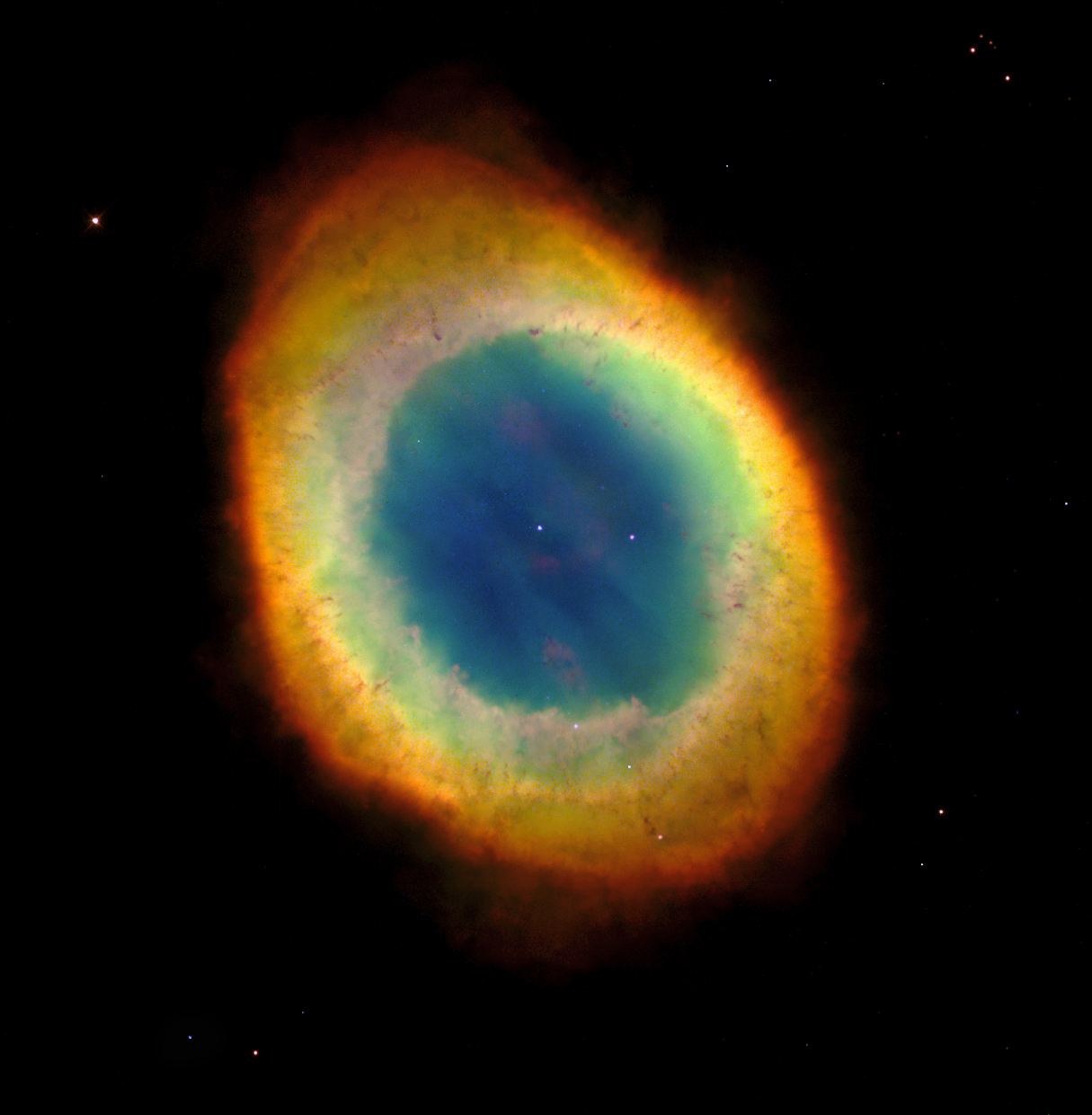
Why do I so often hear of Messier’s Objects?
The image above is M57, the Ring Nebula. The picture shows many different elements in various colors which a large telescope such as the Hubble Space Telescope and computers are capable of. When looking at the object with the naked eye, you won’t see those colors. It will be a gray shade. It is still…
-

Lucky Luke — “man who shoots faster than his shadow”
As a kid, I would read many French and Belgium cartoons, such as Lucky Luke, the lone cowboy who can shoot faster than his shadow and his horse, Joly Jumper. Of course, this is a joke for the character has to be really fast to draw and shoot at bad guys so he can win…
-
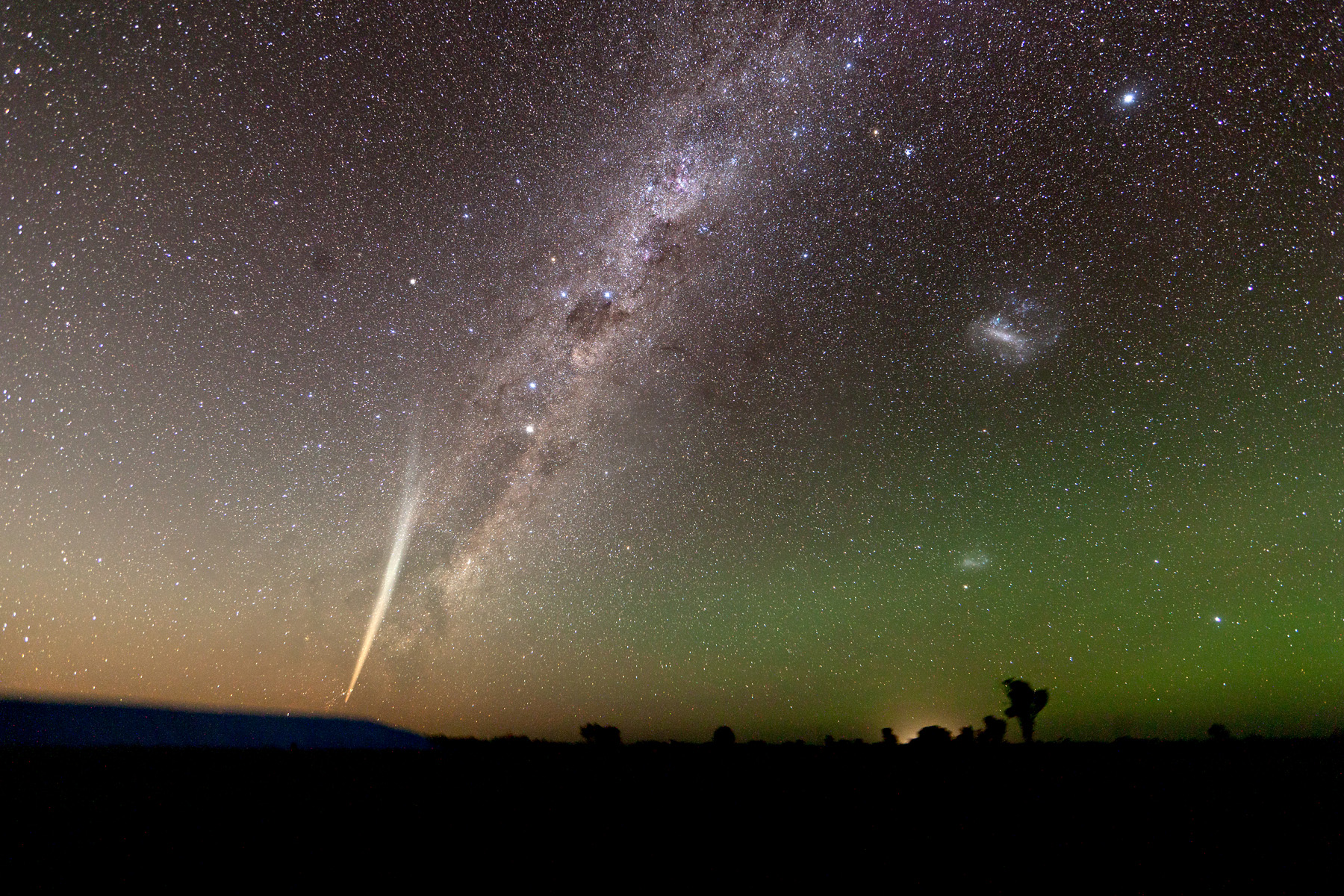
Can I Become a Famous Amateur Astronomer?
The picture above is a Wide Field image of the 2011 Comet Lovejoy (C/2011 W3) by Naskies. The comet is the long streak on the left side. The images shows the Milky Way in the background. The yellow toward the left is due to Zodiacal Light (sunlight reflected on interplanetary dust). The green toward the…
-

Historical Observatories Every Astronomer Should Know About
Throughout the ages, humans observed the night sky and we ended up with constructions that reflected what we saw in the dark: various star positions, sunrise and sunset, lunar cycles, etc. Here I talk about a few the ancient observatories we’ve discovered in the last couple of centuries. Astrology is how this was called. The…
Got any book recommendations?